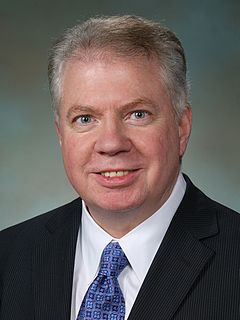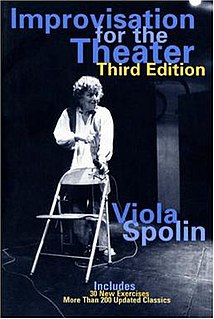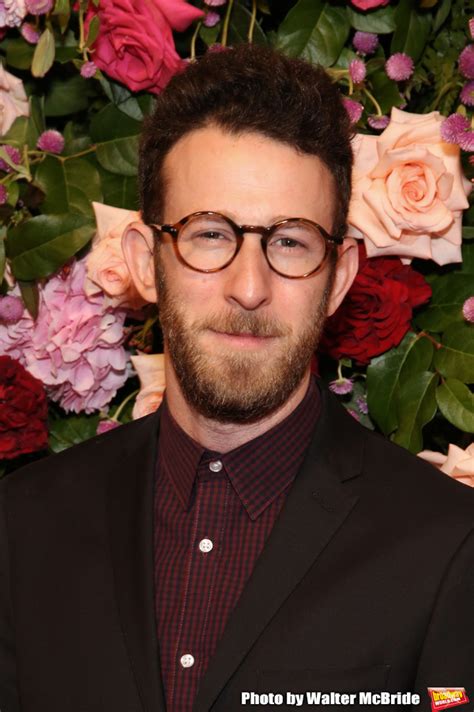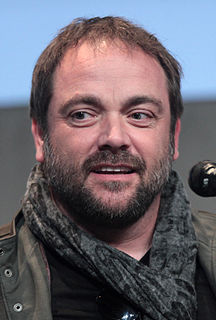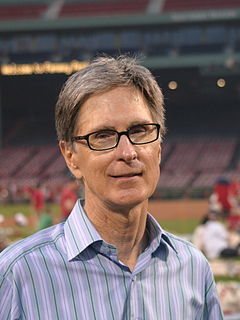A Quote by Ed Murray
In the theater the audience is generally riveted to a single angle of observation. The movie director, though, can rapidly shift from objective to subjective--and to any number of subjective points of view--and in so doing seem to pull the audience directly inside the frame of his picture, giving the spectator the sense of experiencing an action from the viewpoint of a participant. Identification of the viewer with the film character, then, can be much more intimate than the analogous situation in the theater.
Quote Topics
Action
Angle
Any
Audience
Character
Directly
Director
Doing
Experiencing
Film
Frame
Generally
Giving
His
Identification
Inside
Intimate
More
Movie
Movie Director
Much
Number
Objective
Observation
Participant
Picture
Points
Pull
Rapidly
Seem
Sense
Shift
Single
Situation
Spectator
Subjective
Than
Theater
Then
Though
View
Viewer
Viewpoint
Related Quotes
The problem is one of opposition between subjective and objective points of view. There is a tendency to seek an objective account of everything before admitting its reality. But often what appears to a more subjective point of view cannot be accounted for in this way. So either the objective conception of the world is incomplete, or the subjective involves illusions that should be rejected.
Even though I'm an actor, even though I know a little bit about film, I very much view things as an audience member. For me, whether it's TV, film, theater, whatever, it's a big movie, a small movie, whatever it is, I look for the truth in it. I look for the honesty. I just look for if it feels honest and real to me.
I think film is a world of directors. Theater is a world of actors. Or, theater is for actors as cinema is for directors. I started in theater. Filming is as complete as directing film. In theater, you are there, you have a character, you have a play, you have a light, you have a set, you have an audience, and you're in control, and every night is different depending on you and the relationship with the other actors. It's as simple as that. So, you are given all the tools.
The liveness of theater, and the excitement of experiencing it alongside an audience, is something you can't get at home. That makes the theater more vital than ever. It's definitely expensive, but I have faith that the market will keep recognizing the live experience as a valuable and important one.
